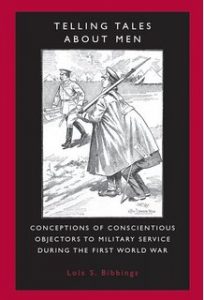By Prof Lois Bibbings, Professor of Law, Gender and History (University of Bristol Law School).
One hot sunny day in the middle of June I set out on the train, bacon butty and extra strong coffee in hand, for an afternoon of secret filming at a location I couldn’t talk about.
Weeks earlier I had been contacted by a production company, researching for possible programme content. It soon became clear that others working in the relevant area had had similar approaches. The company, Wall To Wall, the programme, Who Do You Think You Are.
Each episode of WDYTYA takes a celebrity on a journey, investigating their family history. It seeks to tell historical stories in an engaging, human way, with the featured celebrity discovering a gradually unfolding narrative abo ut some of their ancestors. There have been a fair few surprises and twists in the tales told over the 13 series to date, with Danny Dyer’s shock at uncovering a royal lineage perhaps one of the most memorable for me. At the point I was contacted they were working on series 14 and the celebrity at the centre of their investigations remained unknown. Initially I was asked about my research on WW1 conscientious objectors. Then I was given was a name, Evan Meredith, and a little information about the part of his story Wall to Wall were interested in.
ut some of their ancestors. There have been a fair few surprises and twists in the tales told over the 13 series to date, with Danny Dyer’s shock at uncovering a royal lineage perhaps one of the most memorable for me. At the point I was contacted they were working on series 14 and the celebrity at the centre of their investigations remained unknown. Initially I was asked about my research on WW1 conscientious objectors. Then I was given was a name, Evan Meredith, and a little information about the part of his story Wall to Wall were interested in.
Having conducted some initial research, looked at some documents and been sounded/sussed out in person by the director and assistant producer, I was signed up to appear. I was to cover some aspect of one of the stories investigated. It was at this point that everything became pretty clandestine – I signed a scary non-disclosure agreement and, as if by magic, was sent the name of the celebrity.

